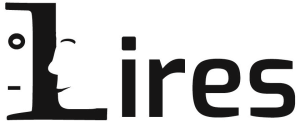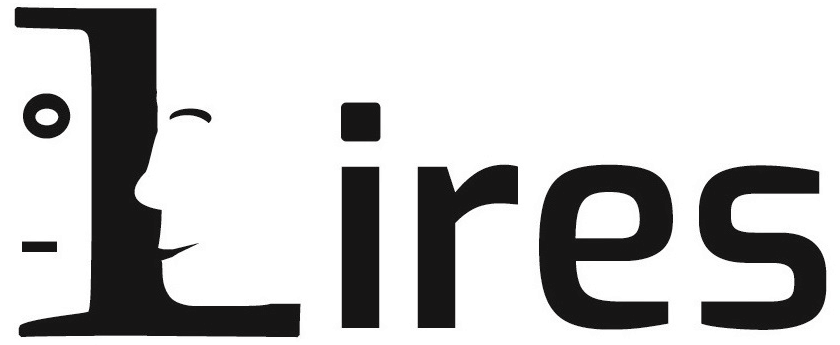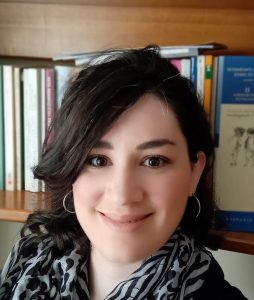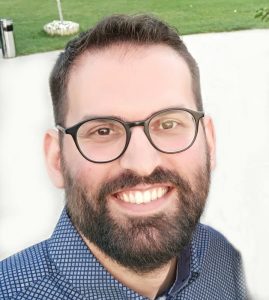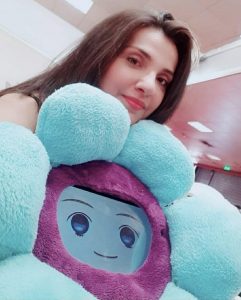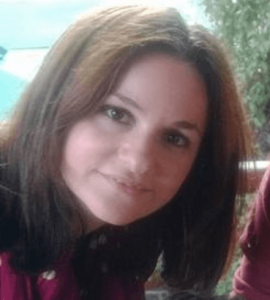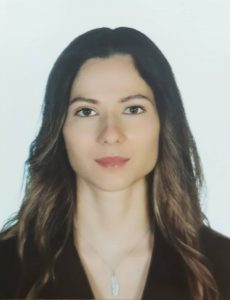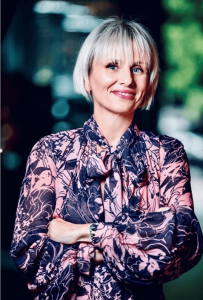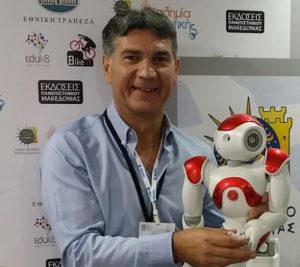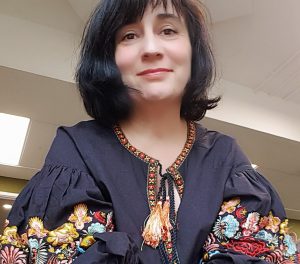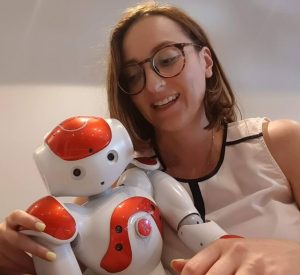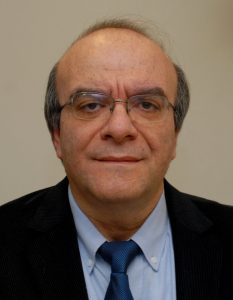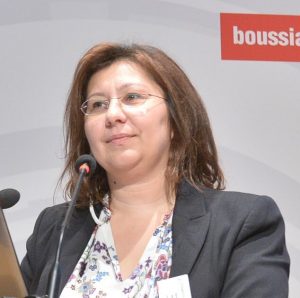Nikolaos Fachantidis
Nikolaos Fachantidis is the mind behind the lab. He is an Associate Professor at the School of Education and Social Politics at the University of Macedonia and also the Director of LIRES Lab. Prof. Fachantidis received his diploma from the Electrical and Computer Engineering (ECE) department of AUTH, Greece, and his PhD in robotics. He has worked as a researcher at the same department, the Computer Science dept. of UPENN Philadelphia and the Faculty of Education of AUTH. From 2000 to 2014, he has worked as a lecturer, assistant, and associate professor at the dept. of Education, in the field of New Technologies in education and as an associate professor at the Department of Informatics and Telecommunication Engineering, Faculty of the Engineering University of Western Macedonia. Prof. Fachantidis is the Director of the Robotics Lab, and he leads the multidisciplinary research field “Socially Assistive Robotics”. His research interests are focused on educational robotics, socially assistive robotics, development and evaluation of educational software, usage of New Technologies in and out of school, educators’ vocational training, and human-machine interface. He has acquired research funding, from the Greek National Research Foundation, the EU, and companies. He is a specialist in creating robot prototypes. The robot “Daisy”, for children with autism, has won the TELLUS awards 2015 for innovative technologies in Education (Paris 2015), while the presenters and animateurs “Roll” and “Rollita” have participated in fashion shows and interactive presentations.
